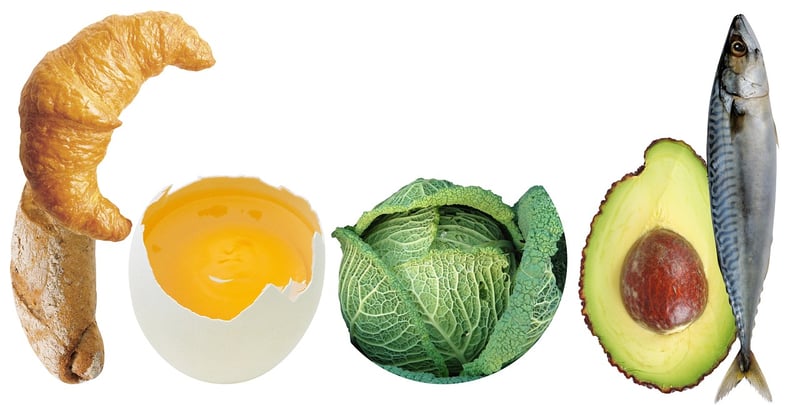Nutrient Management
Tips for Healthy Plants and Nutrient Management
Introduction
Having healthy plants in your garden or home not only adds beauty but also contributes to a better environment. Proper nutrient management is essential for the well-being of your plants. Here are some tips to ensure your plants thrive through effective nutrient management.
1. Choose the Right Soil
Good soil is the foundation of healthy plants. Ensure your soil is well-draining and rich in organic matter. You can improve soil quality by adding compost or organic fertilizers.
2. Know Your Plant's Nutrient Needs
Different plants have varying nutrient requirements. Understanding the specific needs of your plants will help you provide the right balance of nutrients for optimal growth.
3. Use Fertilizers Wisely
Over-fertilizing can harm your plants. Follow the instructions on the fertilizer package and avoid applying more than recommended. Consider using slow-release fertilizers for a steady nutrient supply.
4. Monitor Soil pH
Soil pH affects nutrient availability to plants. Test your soil regularly and adjust the pH if needed. Most plants prefer a slightly acidic to neutral pH range.
5. Mulch Your Plants
Mulching helps retain soil moisture, suppresses weeds, and adds organic matter to the soil as it breaks down. Organic mulches like straw, wood chips, or leaves also provide nutrients to the soil.
6. Rotate Crops
Rotating crops in your vegetable garden can help prevent nutrient depletion. Different plants have varied nutrient needs, so rotating crops can maintain soil fertility and balance nutrient levels.
7. Consider Companion Planting
Companion planting involves growing different plants together that benefit each other. Some plants can help enhance soil nutrients, repel pests, or attract beneficial insects, promoting overall plant health.
8. Proper Watering
Water is essential for nutrient uptake in plants. Ensure your plants receive adequate water, but avoid overwatering, as it can lead to nutrient leaching. Water your plants deeply but less frequently for healthy root development.
Conclusion
By following these tips for healthy plants and effective nutrient management, you can ensure your plants receive the necessary nutrients for vibrant growth. Implementing these practices will not only result in beautiful plants but also contribute to a sustainable and thriving garden.


For more information on plant care and nutrient management, visit Gardening Know How.
